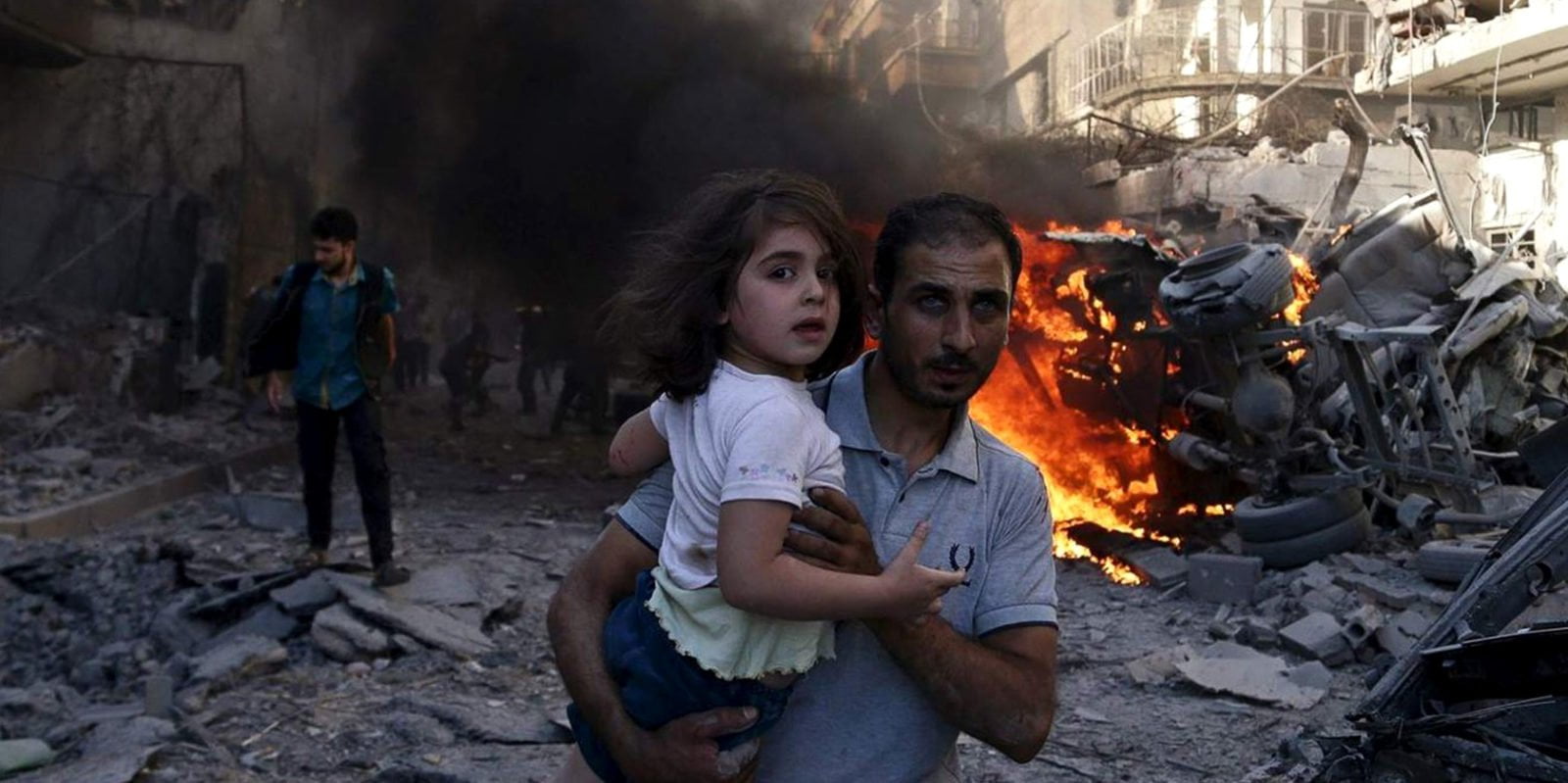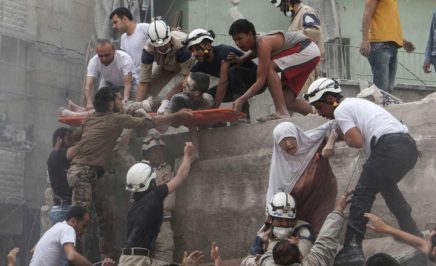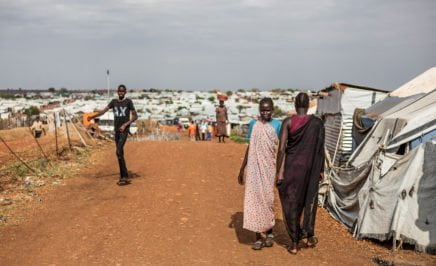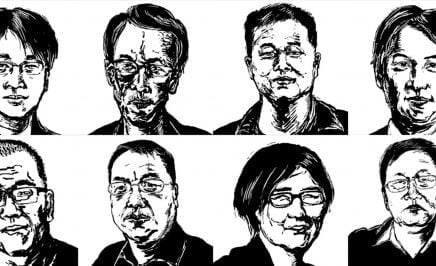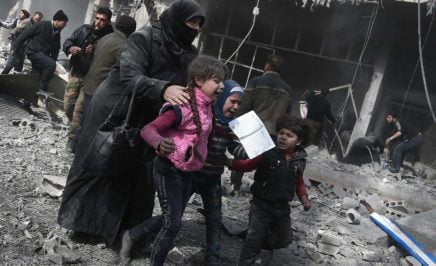Five years ago, Bashar al-Assad’s government brutally suppressed mass protests which began on 15 March 2011. The violent response sparked the region’s most severe armed conflict.
On the fifth anniversary of the start of the Syrian war, we look at eight key facts about the conflict and its devastating effects on the people of Syria.
1. Over 250,000 deaths so far
According to the United Nations, more than 250,000 people have been killed since the start of the conflict in March 2011. War crimes and crimes against humanity are rife.
2. Millions of refugees
More than 11 million people have been forced from their homes, including around 7 million people within Syria and more than 4 million who are now refugees abroad, mostly in Turkey, Lebanon and Jordan. Tens of thousands of refugees from Syria have also fled to Europe, often risking their lives in the process.
More than 11 million people have been forced from their homes
3. War crimes are being committed
Government forces have repeatedly shelled and bombed civilian areas using indiscriminate weapons, including barrel bombs. They’ve also bombed hospitals, targeted medical workers and mounted long-running sieges of opposition-held areas, depriving people of food, medicines and other necessities. According to Physicians for Human Rights, 112 medical facilities were attacked in 2015 alone, the majority by government forces.
4. 65,000 people arrested and missing
According to the Syrian Network for Human Rights, approximately 65,000 people have been arrested by government security forces and are now missing in a network of unofficial detention centres. Others have been jailed for helping people forced from their homes by the fighting, or for speaking out about the situation in Syria. Lawyers, doctors and journalists have been locked up just for doing their jobs.
5. Torture on a massive scale
Intelligence agencies and other government forces continue to use torture on a massive scale. Thousands have died in custody since 2011 due to torture and other factors, including lack of food and medical access.
6. Towns and cities are under siege
The armed group calling itself the Islamic State (IS) has shelled civilian areas and killed scores of civilians and prisoners. The group has abducted, tortured and executed journalists, peaceful activists and other perceived opponents. IS also besieges civilian areas, which means people struggle to get food, medical supplies and other necessities.
Other armed groups including Jabhat al-Nusra have also attacked civilian areas, abducted suspected opponents and killed captives.
7. Air strikes are wreaking havoc
Russian air strikes in support of the al-Assad government have killed hundreds of civilians and struck medical facilities.
What needs to happen?
Syrians should be able to raise their families free from the daily horrors of life under attack.
For that to happen:
- the Syrian Government and opposition groups must stop all attacks on the Syrian people and act within international human rights and humanitarian law
- the UN-mandated Commission of Inquiry and other human rights monitors must have unrestricted access to report on human rights violations
- humanitarian aid organisations must have access to the people who need their help.

What is Amnesty doing?
We are working tirelessly to help the millions of people struggling to survive in Syria and those who have been forced to leave their homes.
We are:
- putting researchers on the ground in Syria to expose the horror of everyday life and give a voice to those directly affected by the conflict and government sieges of towns and villages
- lobbying Prime Minister Malcolm Turnbull to ensure the Syrian people remain safe during military operations and receive much-needed humanitarian aid
- calling on the Australian Government and other world leaders to ensure people fleeing the horrors of Syria are treated fairly and resettled as soon as possible.
